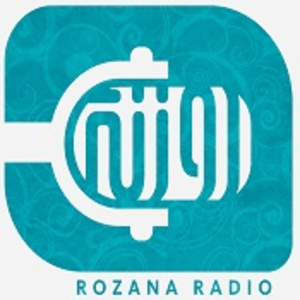The forcibly disappeared "still haven't come back"... 130 thousand stories of grief
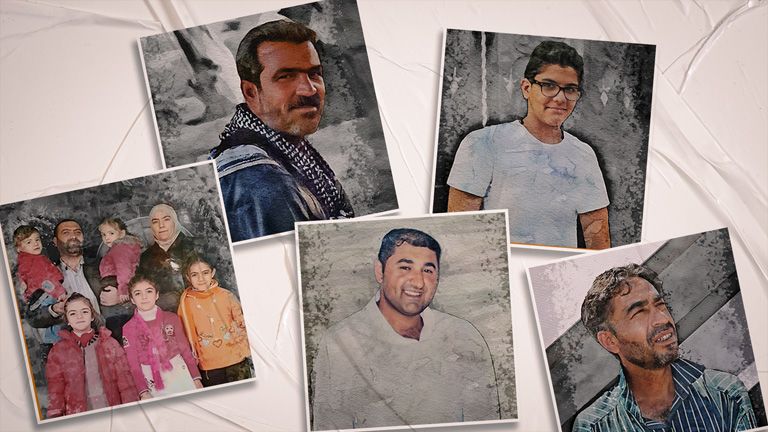
More than 130,000 detainees and forcibly disappeared are still unaccounted for, most of them in the prisons of the Syrian regime, while others accept ISIS's injustices and other partakers of armed factions in the Syrian war, according to a report by the Syrian Network for Human Rights.
On the occasion of the International Day of the Enforced Disappearances on 30 August, "Rozana's team salutes all those who were left in the dark and their families, with the Lessa Ma Rej'oa (still have not came back) podcast, documenting five of the many detainees' stories. Recounting the tragedies over and over again will perhaps deal a blow to international justice to stop the bleeding and hold those responsible for destroying the lives of thousands of young men and women and dispersing their families to account.
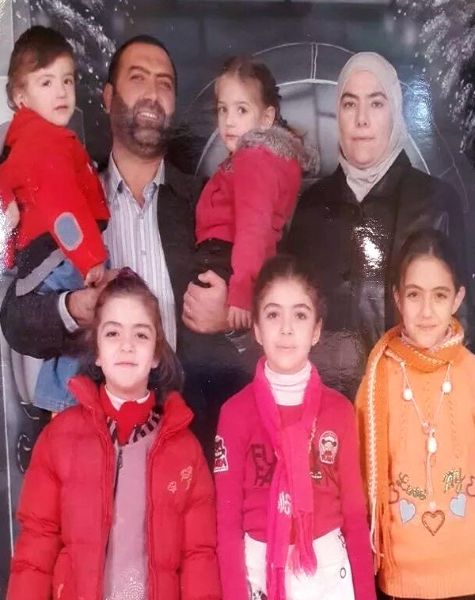
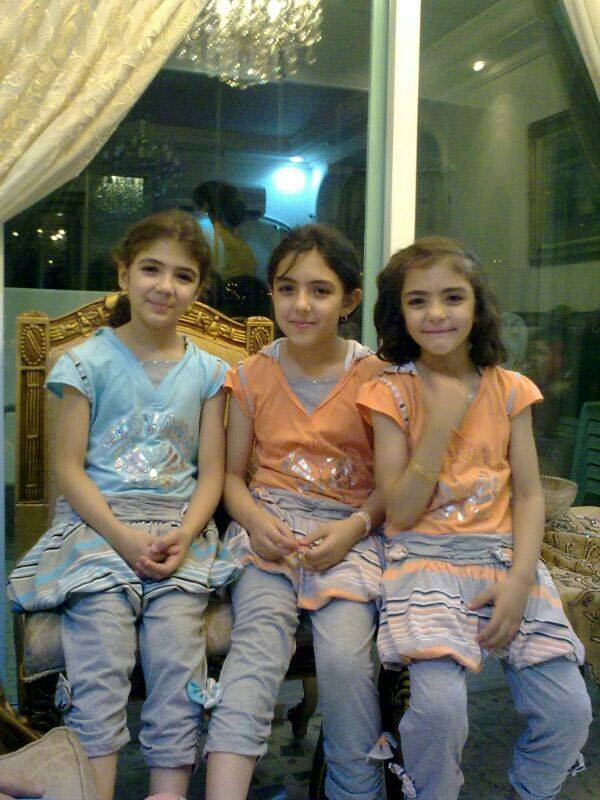
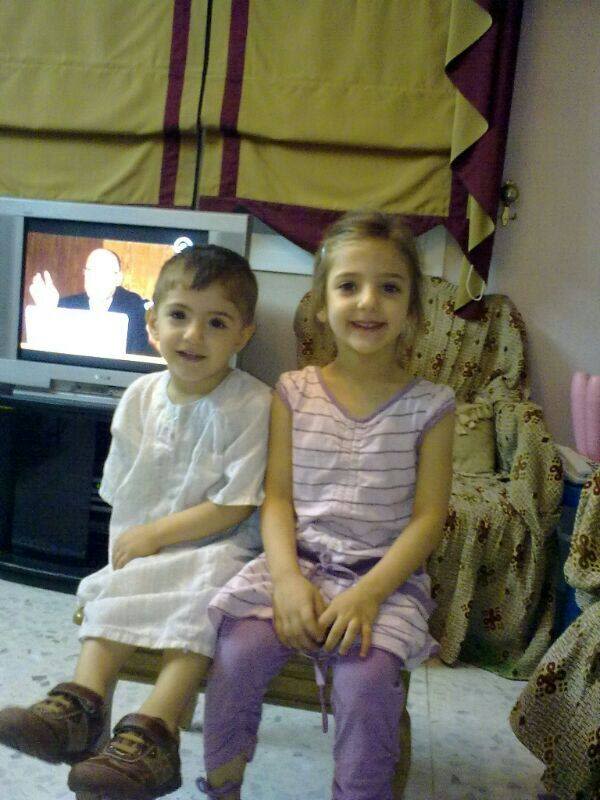
About six children who grew up in prison
On 9 March, 2013, Abd al-Rahman Yassin was arrested at his home in the Dummar neighbourhood of Damascus. On 11 March, two days later, the regime's men came again and arrested his wife, Rania al-Abbasi, with her six children, and the secretary who helps her, Majdulin Muhammad Faris al-Qadi.
Thus, without any mercy, the regime shattered the future of an entire family, decided their fate for them, and plunged them all into the darkness of the unknown.
Naila (Rania's sister) told "Rozana" that Rania and her six children: "Dima (14 years old), Intisar (11 years old), Najah (9 years old), Walaa (9 years old), Ahmed (4 years old), and the baby girl Lian, were arrested at their home in Damascus.
To this day the family has no reliable information of her whereabouts except that she was in the Military Security branch when she was first detained. Another uncertain news says she might have been transferred with her children to Sednaya prison." She also indicated that Rania's husband is one of the victims whose photos "Caesar" had leaked to the media, but they are still not certain of it until the interview is conducted.
Rania Muhammad Eid Al-Abassi is a dentist and Syrian and Arab Chess Champion, born in 1970. She headed the Dummar project expansion in Damascus. The regime had honored her earlier in recognition of her excellence, but it changed its mind and decided in 2013 to destroy her life, as simply as it always destroys the lives of others.
Rania is a beloved dentist, who is known and respected by the people of her area, as her sister says, describing the system as “inhumane.”
As for Osama al-Abbasi, who is Rania's brother, he describes the family's long suffering from the moment she was arrested until today, calling for justice and clarification of Rania's fate and the fate of her children after years of agonizing detention.
But the cries of the Abbasid family and other families of detainees and forcibly disappeared people are still being met with closed ears, delay and evasion, as if this tragedy refuses to end. However, the family's only hope remains in transitional justice and Rania's return to her life safely, with her children and husband.
"We are not disgraceful!"
“My message to people is that they should know that we are not the cause of their suffering, we are not the cause of the war they are going through, and we are not disgraceful, we sacrificed ourselves for the sake of a free Syria,” says Hoda Amhan (36 years old), a former detainee and wife of a current detainee by the Syrian regime, Youssef Amhan (44 year old).
Huda was an employee in the office of the Minister of Industry and her husband worked in the Damascus leadership. In the third month of 2012, her husband was arrested, when their daughter was only two years and four months old. The story did not end here, as Hoda was summoned to the investigation in April 2015, and the reason was that her husband mentioned her in his report as a source of information since she works in the minister's office.
After 16 days of arrest and torture, she was able to get out and spend six months in house arrest, after she had paid a large sum of money.
After that, she tried to free her husband or to investigate his news, but like many families of detainees, she waited for years. She visited him in 2014, in Sednaya prison, and when she tried to visit him again, she was told that he was no longer there and after leaving the detention she started looking for him again, the answer was "Forget this name, and forget this case." The regime has always wanted to make oblivion possible and normal when it comes to its crimes against humanity.
Hoda turned to her husband's family to help her and her daughter, but she was denied, "We don't want a former detainee in our house." Hoda had to drag her sadness and disappointments from one place to another with her daughter, until she returned to Jisr al-Shughur, the place where she was born in northern Syria.
She tried to find a job, but it was not easy, as she was surrounded by looks of shame, given that female detainees are subjected to sexual assaults in prisons, something they pay for, even if they are not raped, which Hoda confirms. Instead of helping them and creating a nurturing environment that helps them stand back on their feet again, society works to destroy them when they return to it, as if the experience of detention alone was not enough.
In the end, Huda decided to return to her studies and continue her civil work in the file of detainees. She asserts over and over again that this file is the cause she will never abandon …"To live with my daughter in peace, to see a free Syria and prisons empty of innocents," is Hoda's answer when we asked her about her dreams.
Huda recounts her suffering inside and outside the prison while waiting for her husband. Her voice trembles a lot as she sends him a message through "Rozana", saying: "I did everything to help, but I couldn't, and he knows," and she adds: "I wish you freedom and salvation."
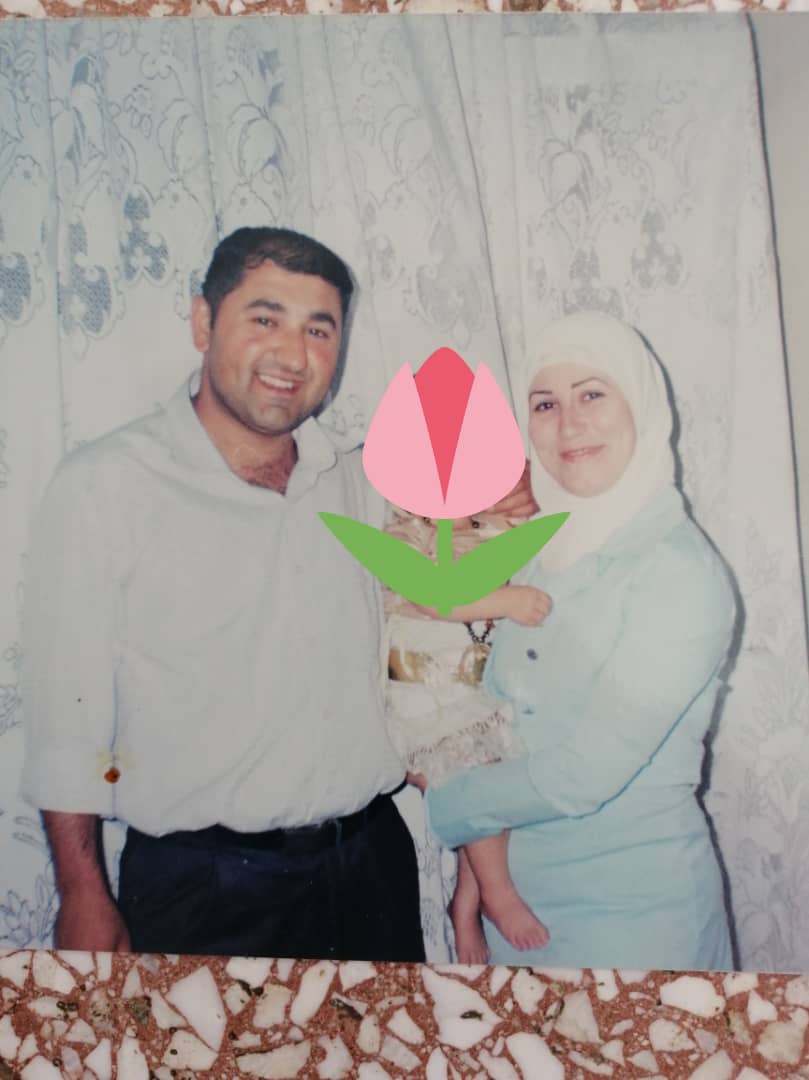
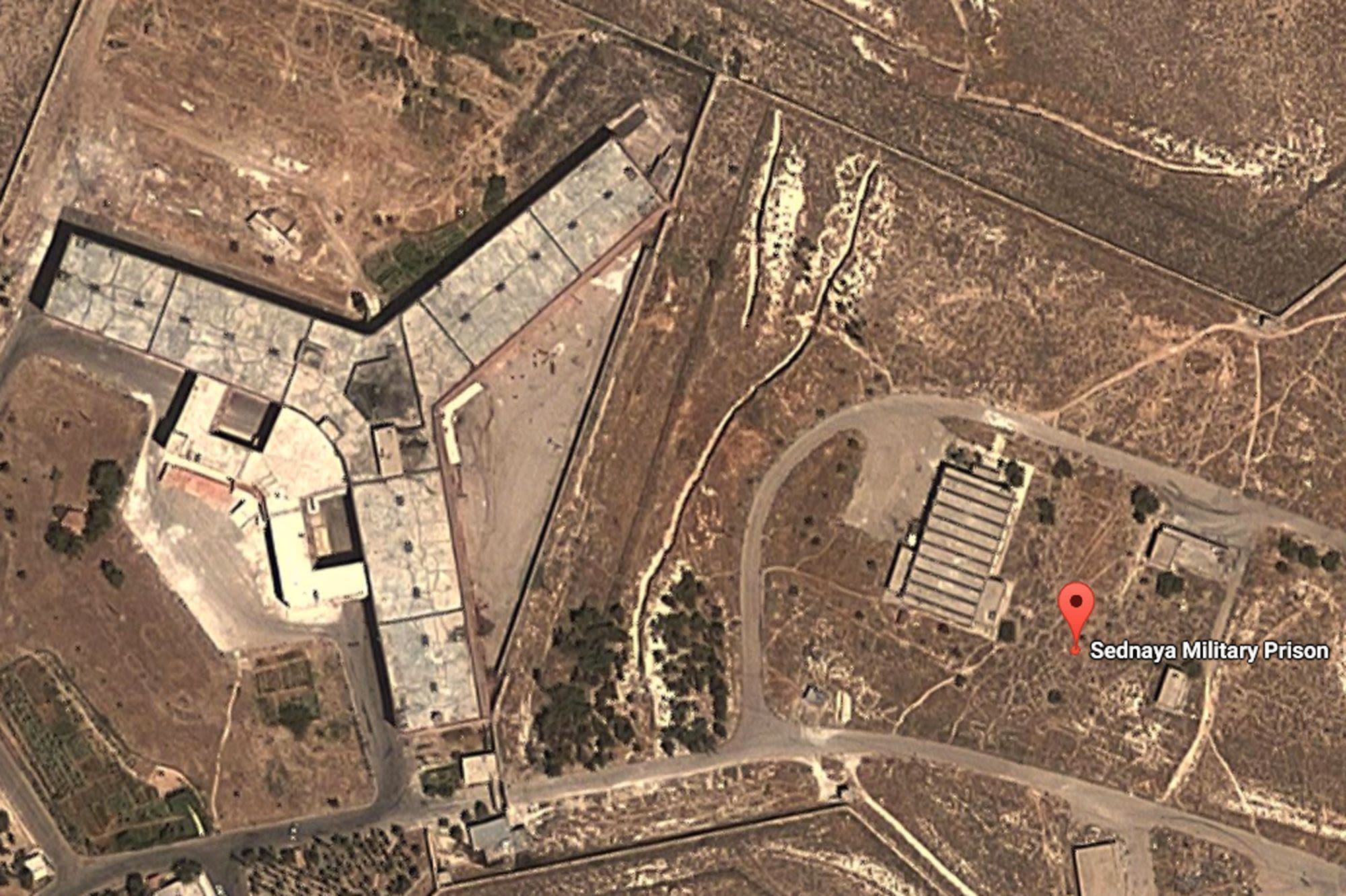
"When Syria returns, you will return, my son."
" Two questions and we will return him, uncle,” thus said members of the “Islamic State” organisation to Abu Issa on the night of 15 April, 2014. Two questions turned into an inexhaustible agony to the Khalaf al-Ghazi family, who waited until this moment for the return of the 17-year-old boy after the bats took away. Issa has become a man now, we don't know what he looks like, "but he certainly has not changed," his father tells Rozana.
"I did not leave Syria, I did not leave Raqqa, I am staying here until he comes back and finds me." Despite this long path of disappointments, the family still clings to the hope that Issa is still alive, "If they had killed him, they would have brought me his body. Hiding the human blood is forbidden in Islam," the father consoles himself.
Issa was a relief activist in Raqqa and a volunteer in the "Red Crescent", he was helping the wounded, civilians and refugees.
ISIS has chosen an ambitious young man who is loved and respected by everyone. One week before he went to the baccalaureate exam in Qamishli with his mother, when he was busy with books and papers, tracing days resembling his innocence and dreams, ISIS soldiers came and put him in the car and locked the door...
His father traced every ray of hope, news about his son without following him, stressing that he, his wife and three daughters, did not lose hope and never stopped waiting.
They were told that Issa al-Saghir is now in a secret prison whose details are known only to Abu Bakr al-Baghdadi, and they were told that he is at the University of Mosul, and then that the ISIS will not abandon him because he is an intelligent young man who knows about technology and computers, and benefits the organisation’s projects.
The father recounts the details of the years of oppression, noting that it is "the memory of Raqqa and its governor," and then added "metaphorically: "I experienced everything the region went through, I know its streets and its grief, I know it's stories, it is my cause just as the freedom of Issa is my cause."
On Khalaf's Facebook page, documenting his long pain, his letters to his son are heart-breaking, one of which he wrote, "When Syria returns, you will return, my son."
He works with a group of families on an association that follows up cases of the forcibly disappeared, and tries to communicate with the concerned authorities to demand their freedom, such as the United Nations and the State Court. He affirms that there is no freedom for these young men and women and for all Syrians, except through a political solution in Syria, until the injustice ends, and jasmine reappears.
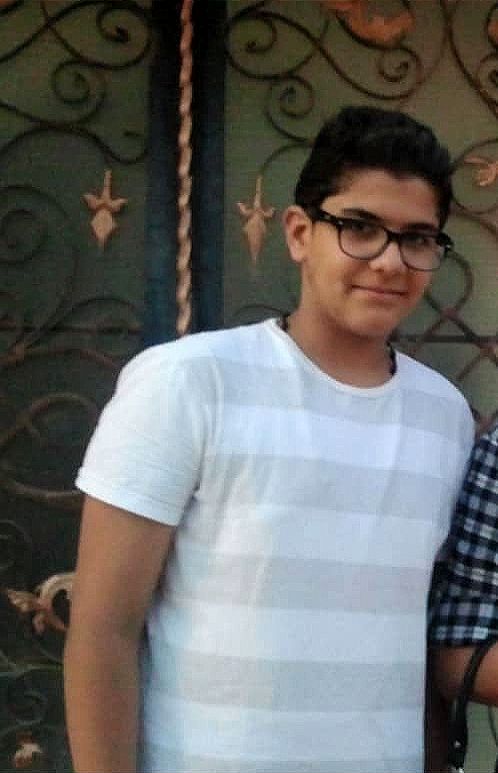
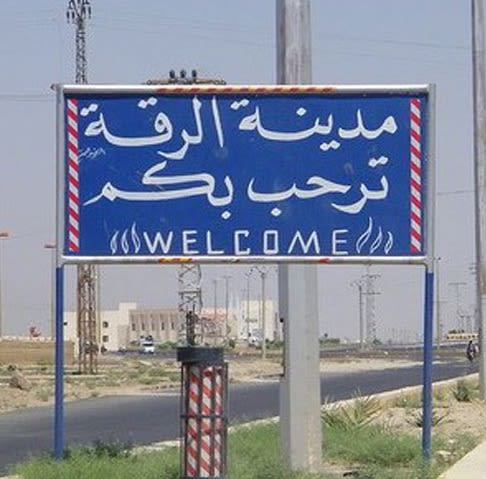
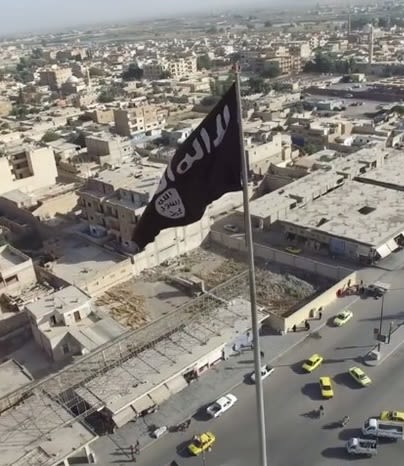
"?If he really died, where is his body"
The suffering was not with the arrest, but with the kidnapping, an issue that goes beyond the pain of detention, says Kurdish journalist Masoud Hamid, when asked about his brother, who has been kidnapped since 2014, at the People's Defense Units (YPG), according to the information obtained by the family, but nothing is certain.
The family depends on the news that comes from everywhere. “In detention, there is an investigation, a judiciary, a trial, and imprisonment. As for kidnapping, it is entering into the unknown and the pain that is bearable day after day, year after year,” Masoud explains.
Amir's sick mother, his four daughters, their mother, and the exhausted brother are waiting for Amir's return, even if "It's a dead body," Masoud says with a grin, adding, "If he really died, where is his body? We want to see it for once."
The pain of Umm Amir cannot be unnoticeable in telling the story. This woman faced the arrest of her first son by the regime for three years, and her brother was pursued earlier, and now her son is missing and she does not know anything about his fate. Her health deteriorated in the waiting years, and no one felt her pain.
Amir was kidnapped from the bosom of his family for the crime of freedom, and freedom in this country is a crime that deserves punishment. Amir, a diligent civil and political activist, disappeared, and before that he was arrested in 2011, when he was the director of the media offices of the youth movements and the coordinator among them, and he was one of the first demonstrators against the regime of Bashar al-Assad.
His brother, who tells us about years of suffering, was also a prisoner earlier, but he says frankly that he wishes he was in his brother's place now: "Waiting for the unknown is the most difficult thing a person can go through. Arrest is easier than what my family and I experience."
"We told his daughters the truth. We will not lie to them. They know that their father is a hero and a fighter, and they are waiting for him to come back one day.
"Amir was kidnapped from the city of Al-Darbasiyah in Al Hasakah Governorate, from his home, and he disappeared and no news came out. His family now lives with his mother in Qushtapa camp near the city of Erbil in Iraqi Kurdistan, while Massoud insists on staying inside Syria despite the dangers and difficulties, with one goal, trying to get information about his brother, "This is my case, I can't give it up."
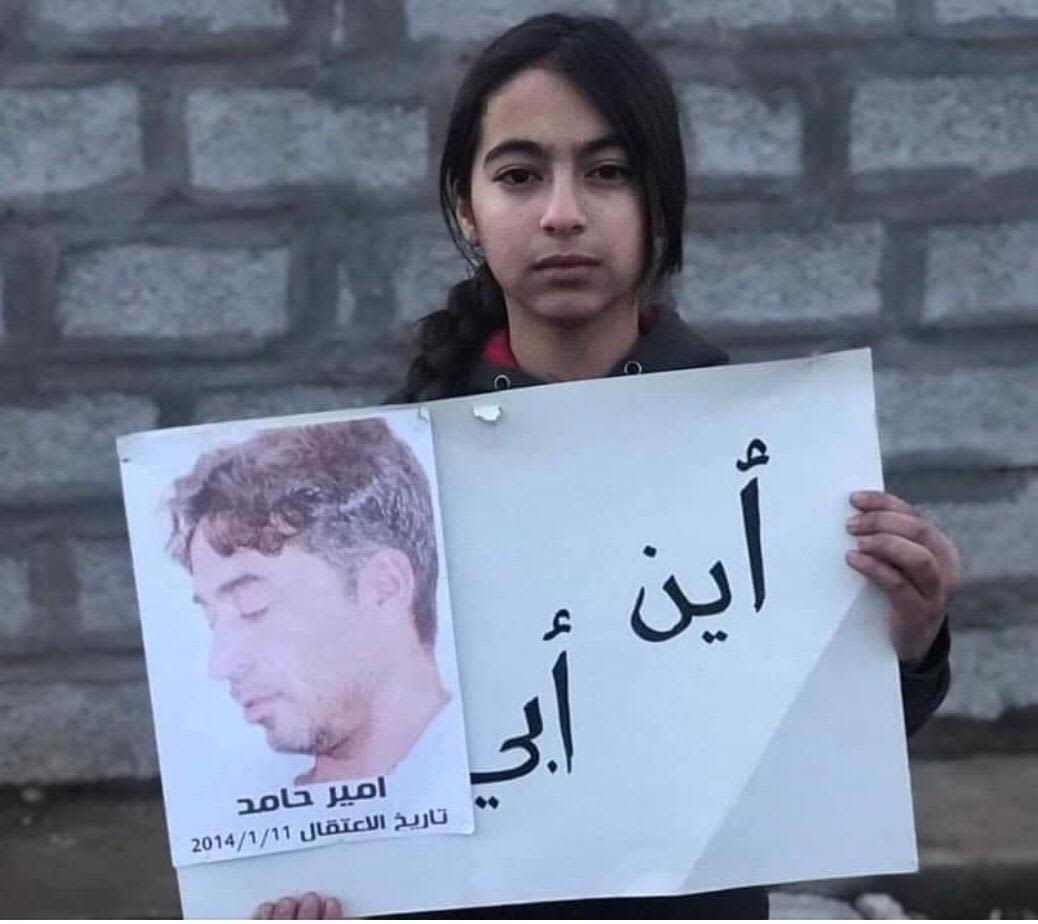
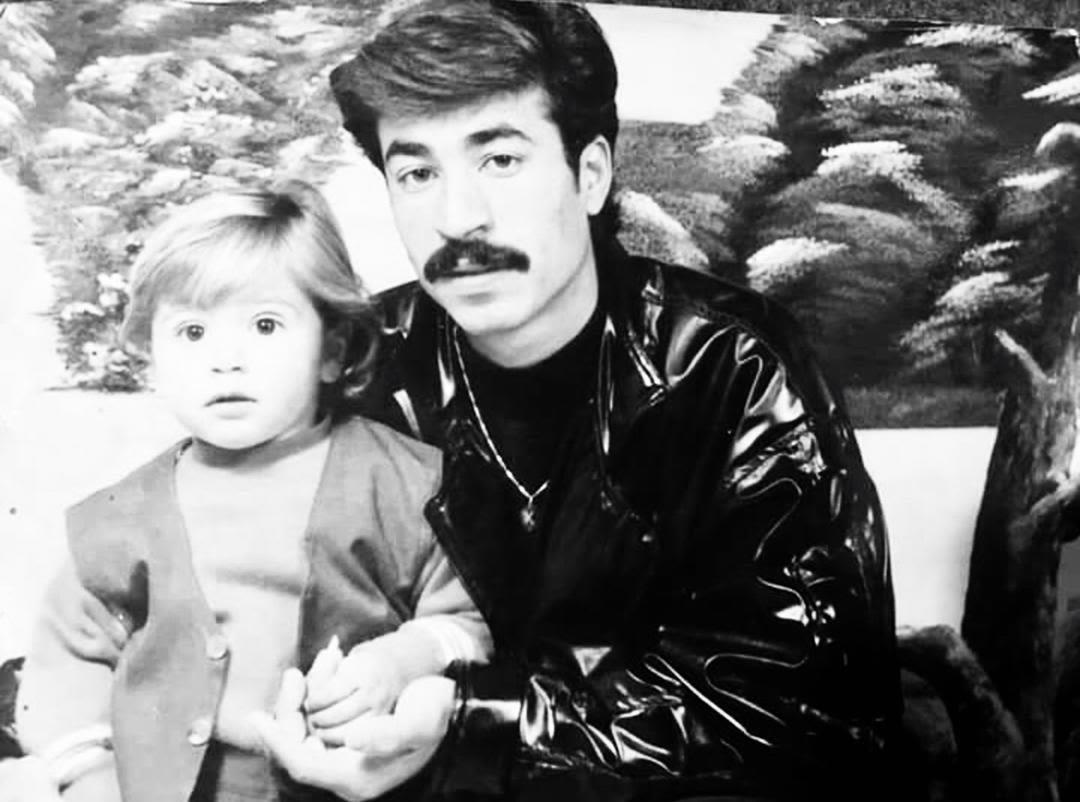
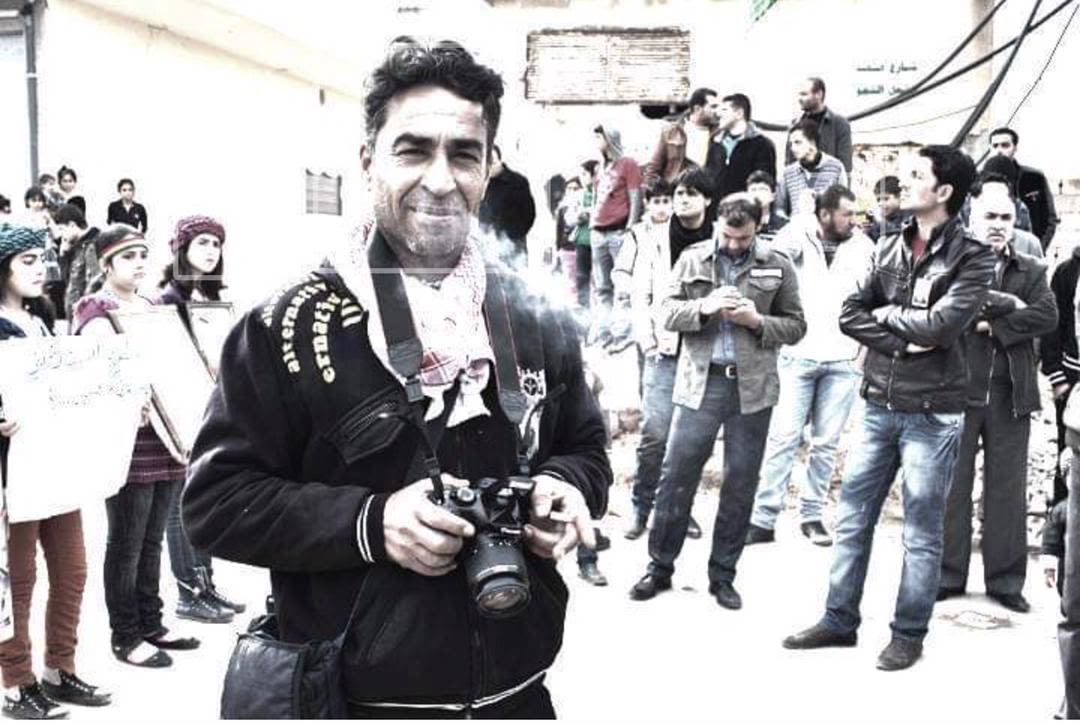
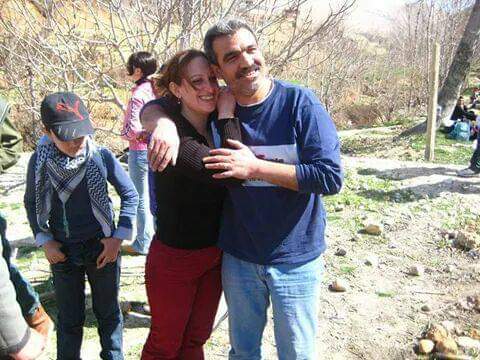
"All detainees are my case"
The Syrian regime separated Amal and her lover, told their story as he wanted, and arrested Jihad Muhammad in 2013, leaving his wife captive to questions and the search for the truth.
Much pain is carried by the voice of Amal, who is trying to hold herself together, to appear stronger than oppression and stronger than crying. After 9 years of her husband's disappearance, the woman is trying to remain strong as he knew her, to keep her opinion free and her voice loud.
Jihad (53, from Damascus countryside, Qalamoun) is a journalist before anything else, and he is now a prisoner of conscience for opposing the regime and demanding its rights and the right of the Syrian people to freedom and life. The regime, in its nature, is hostile to everything related to freedom as well as life. It mobilizes its killing machine and arrests to curb any claim to these rights
Amal narrates her suffering and wants her words to bear the suffering of all the wives of the missing and detained by the regime and other parties. She says, "My case is no longer just the return of my husband, I aspire to achieve justice for all detainees and to share this long pain with the families of the victims, especially the wives of detainees and the disappeared."
She added to Rozana: "You cannot imagine the extent of the suffering of the detainee's wife, as she is deprived of her social and legal rights and also suffers economically. She cannot even travel or obtain her husband's money or inheritance, and the story becomes more complicated if there are children."
She also added: “In the event that the husband is the sole breadwinner. This changed her personal psychological suffering, as she fluctuates between debilitating feelings such as anxiety, fear, loneliness and depression, which is very difficult.”
She continues jokingly: "Once I thank Allah, we do not have children, me and Jihad, they are tormented," she laughs at the great pain, then confirms that she will continue the struggle until justice is achieved.
Amal Salamat left Syria in search of a way to live in Turkey, but from there she continues her voluntary work in serving the cause of detainees, with her companions from the families of the missing.
When we ask her if she truly believes in a day when justice will be served, she quickly answers the confident: "Sure." Then we ask her about her message to the regime, and she answers: "I don't want to say anything. I just want to say to the families of the detainees, let us stand in solidarity to achieve justice and get our rights.
